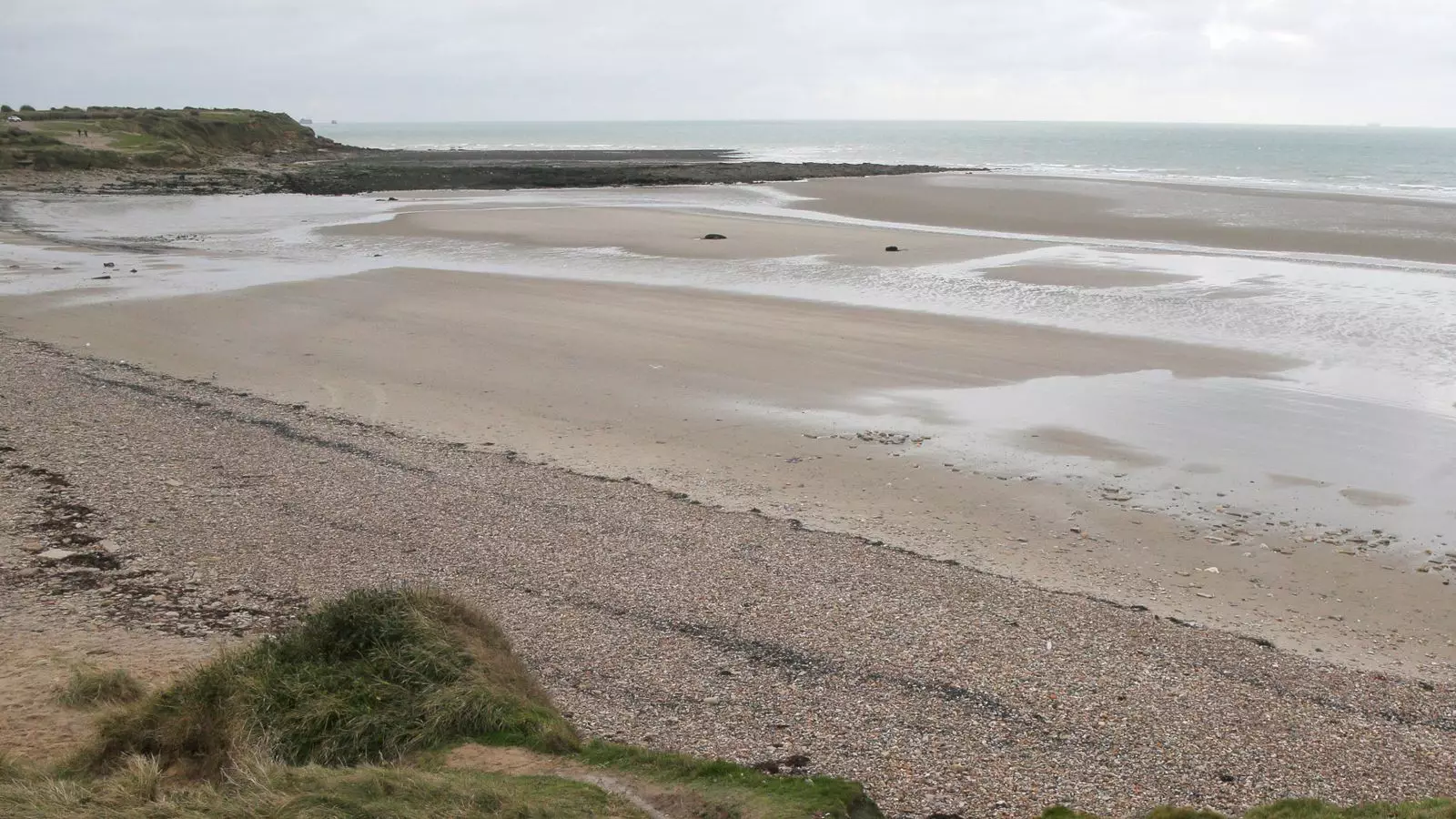The recent news of five migrants losing their lives during an attempt to cross the English Channel has once again brought attention to the dangerous journey that many migrants undertake in search of a better life. According to reports from French police, a boat carrying 110 people attempted to make the journey, with tragic consequences. While around a hundred migrants were rescued by a French navy tug, the loss of five lives serves as a stark reminder of the risks involved in such crossings. The spokesperson mentioned the presence of “lifeless bodies”, highlighting the human cost of this desperate attempt.
The Channel between France and Britain is renowned for its strong currents and busy shipping lanes, making it a treacherous route for those attempting the journey in overcrowded and insufficient vessels. People smugglers often overload dinghies, putting the lives of migrants at risk as they brave the rough waters in hopes of reaching British shores. Despite the perfect sea conditions on the day of the recent incident, the tragic outcome underscores the inherent dangers faced by migrants seeking to reach safety and security in the UK.
In the wake of this tragedy, the UK government’s passage of the “Rwanda bill” to deter migrants from crossing the Channel has sparked further controversy. The bill, which aims to deport asylum seekers arriving in the UK via small boats to Rwanda, has faced opposition from various quarters. The Lords’ decision to no longer oppose the bill following extensive debate and negotiations has paved the way for it to become law. Despite assurances from officials like Rishi Sunak, who pledged to initiate deportation flights within a short timeframe, concerns remain over the implications of such legislation on vulnerable migrants.
The plight of migrants risking their lives to cross the English Channel has prompted calls for a more coordinated and humanitarian response to the ongoing crisis. While efforts to prevent dangerous crossings and combat human trafficking are essential, the focus must also be on addressing the root causes that drive individuals to undertake such perilous journeys. Collaborative initiatives between countries, support for safe and legal migration pathways, and ensuring the protection of migrants’ rights are crucial aspects of a comprehensive approach to addressing the challenges posed by irregular migration.
As the tragic incident involving Channel migrants highlights the urgent need for action, it is imperative that governments, civil society organizations, and international bodies work together to find viable solutions to the ongoing crisis. Raising awareness about the risks faced by migrants, advocating for policies that prioritize human rights and protection, and fostering greater empathy and solidarity towards those in need are essential steps towards building a more compassionate and inclusive society. By acknowledging the humanity and dignity of all individuals, regardless of their migration status, we can strive towards a future where tragedies like the loss of lives in the Channel become a stark reminder of the past rather than a bleak reality of the present.


Leave a Reply